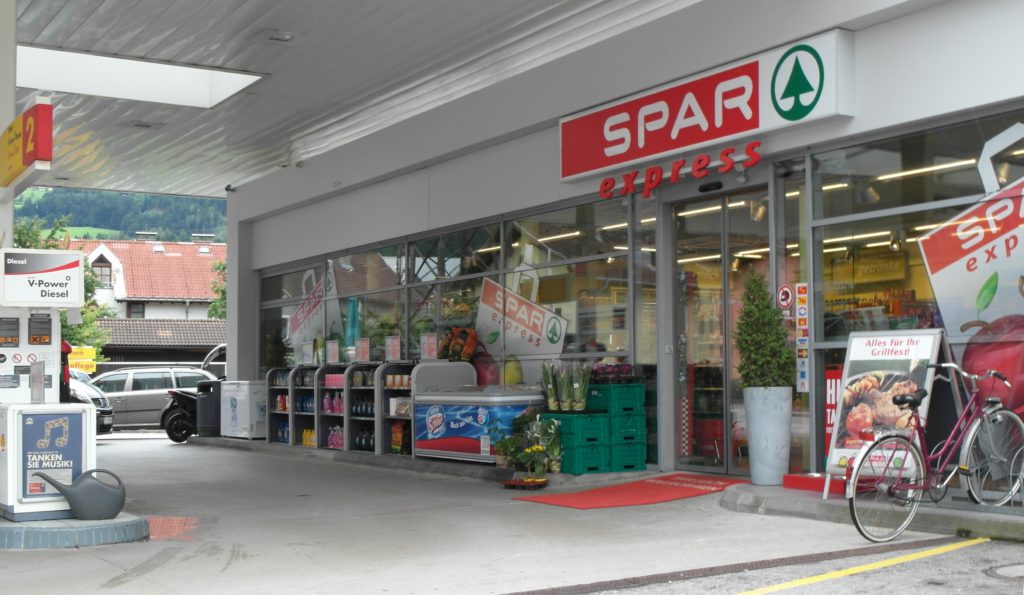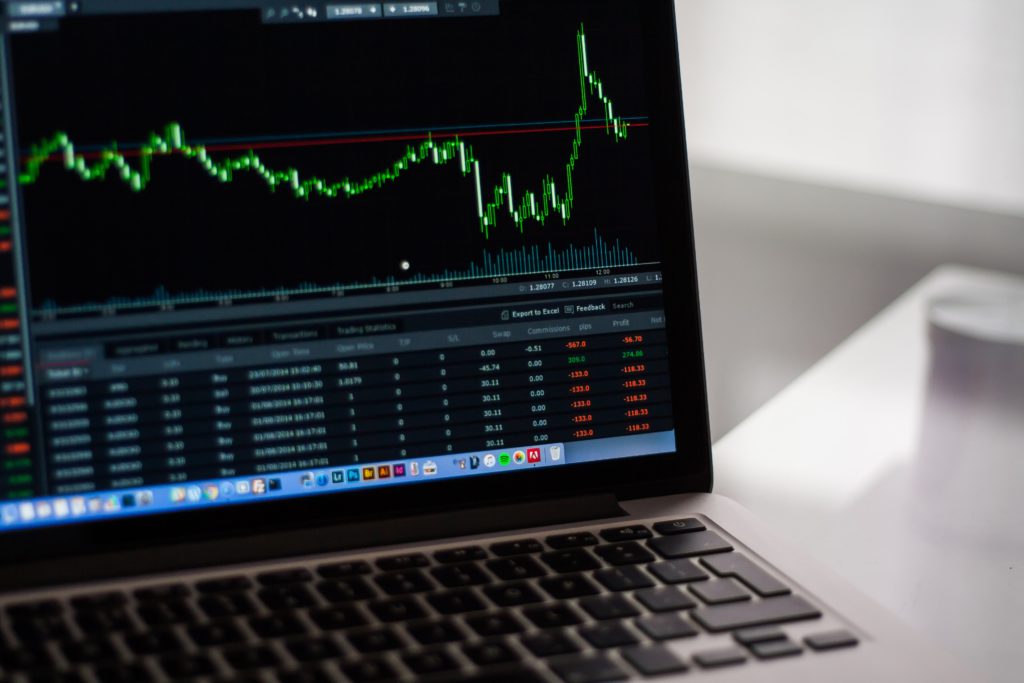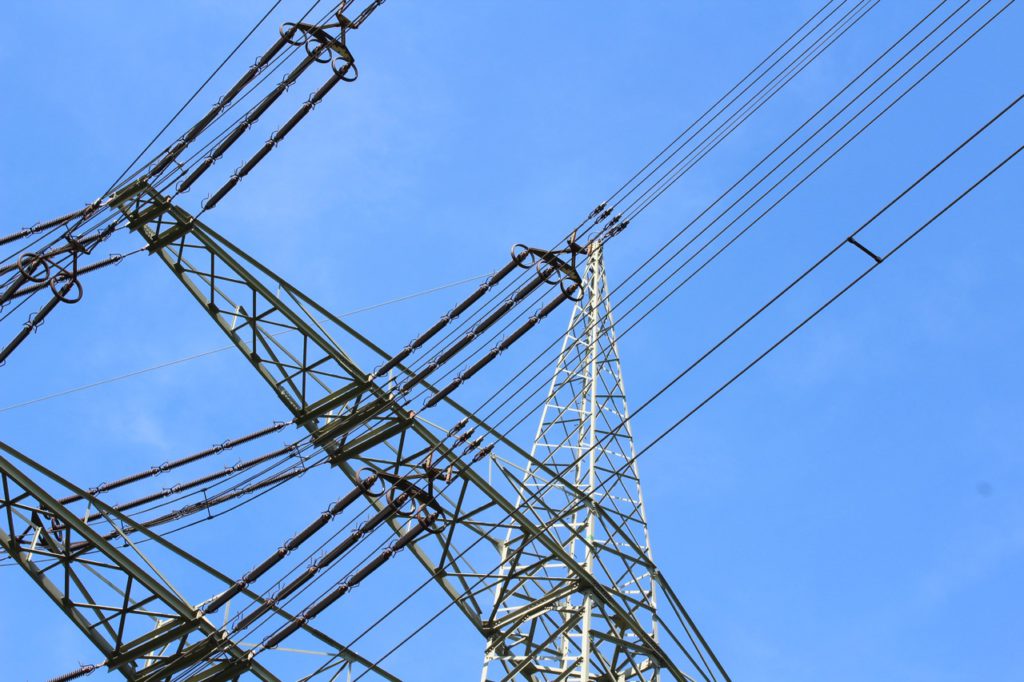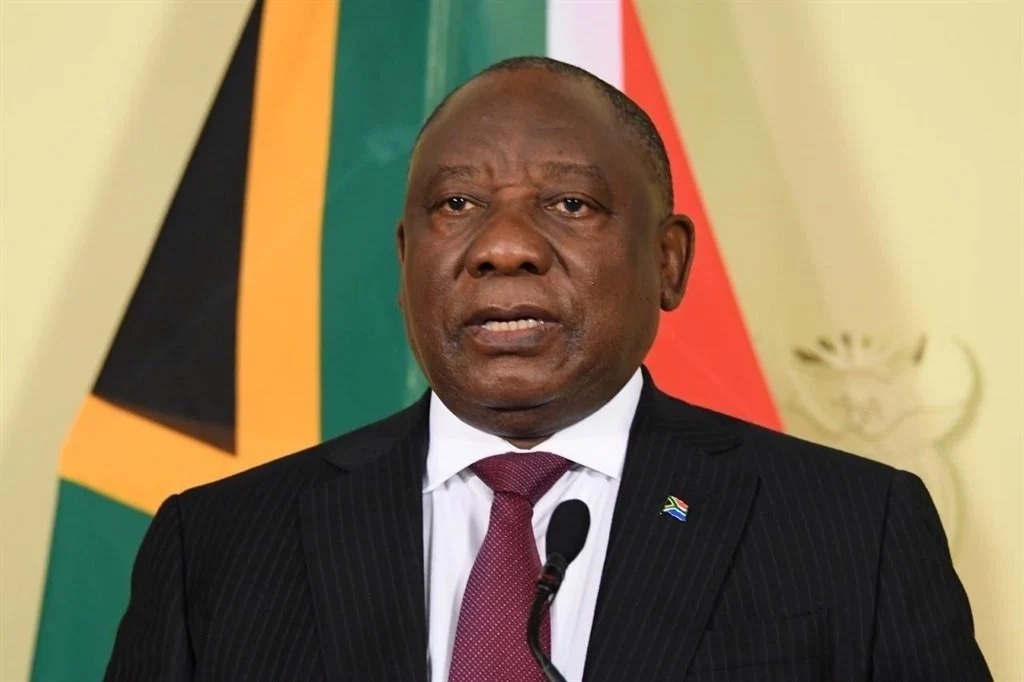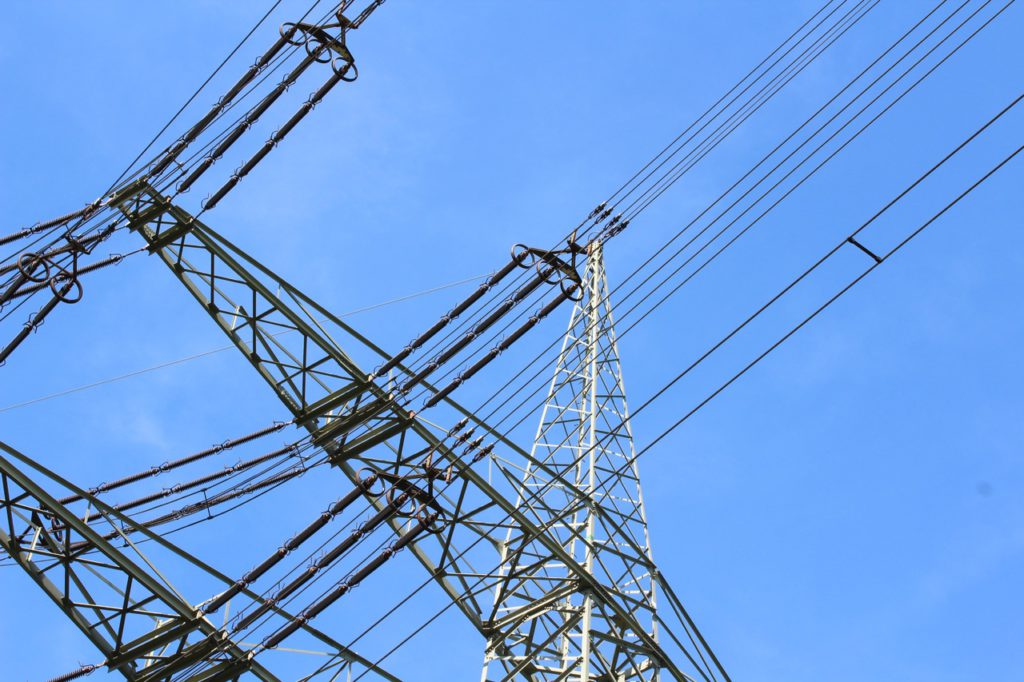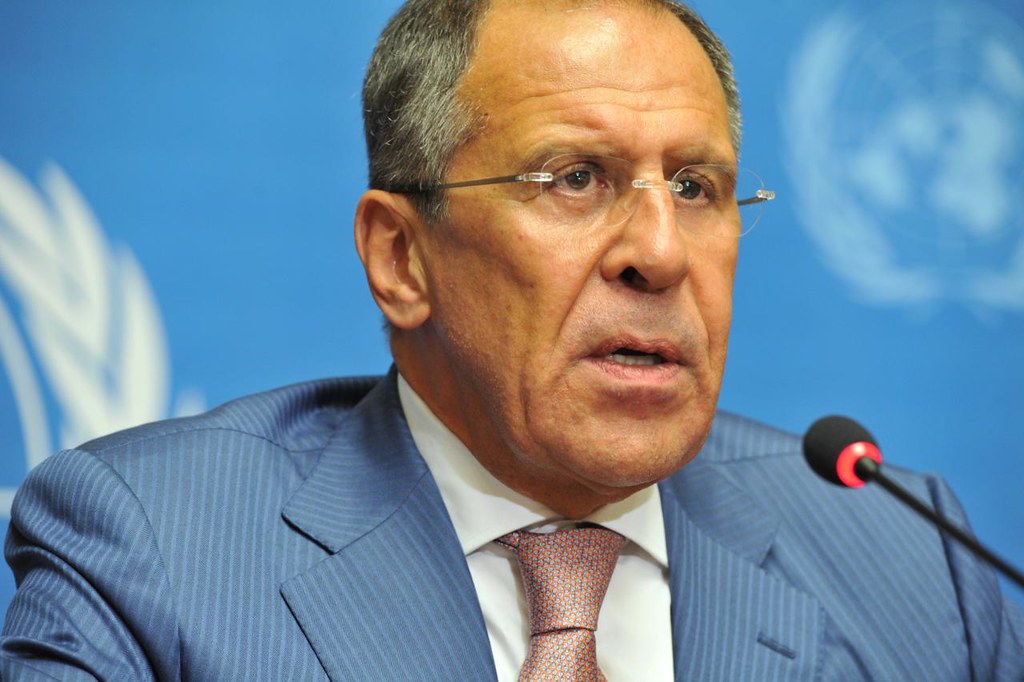Spar’s fictitious loans were ‘isolated’ and reported to the audit regulator
(Business Day) – Retail group Spar said three loans it offered to retailers five years ago were isolated incidents and constituted irregular accounting. Spar said its auditors, PwC, informed them that it believed one of the loans to be a reportable irregularity and required the group to report it to the Independent Regulatory Board of Auditors. READ MORE. (for subscribers)
Peter Thiel’s fund wound down 8-year bitcoin bet before market crash
(Financial Times) – American billionaire entrepreneur Peter Thiel’s Founders Fund, a venture capital firm, closed almost all of its eight-year bets on cryptocurrency before the market began to crash last year with FTX one of the largest stories of the year. The cash out returned as much as $1.8 billion. READ MORE. (for subscribers)
Lifting zero-Covid ‘the right choice’ but Xi Jinping ‘concerned’ over China’s countryside
(News24 via AFP) – China’s president Xi Jinping addressed the nation for the first time since ending the country’s controversial covid-zero policy and warned Chinese citizens of the spread of the various to rural China ahead of the lunar new year. READ MORE.
Revealed: more than 90% of rainforest carbon offsets by biggest provider are worthless, analysis shows
(The Guardian) – According to a new investigation, the carbon offsets approved by the world’s leading carbon standard, Verra, and used by large corporations like Disney, Shell, and Gucci, are largely worthless. More than 90% of the rainforest offset credits are likely to be phantom credits and do not show genuine carbon reductions. READ MORE.
This is how much of South Africa’s wealth is in the hands of the super rich
(BusinessTech) – According to the multinational charity group Oxfam, around 42% of South Africa’s wealth is concentrated among the top one per cent of wealthy South Africans. Oxfam says this is not a trend unique to South Africa and it has seen similar data all around the world. READ MORE.

